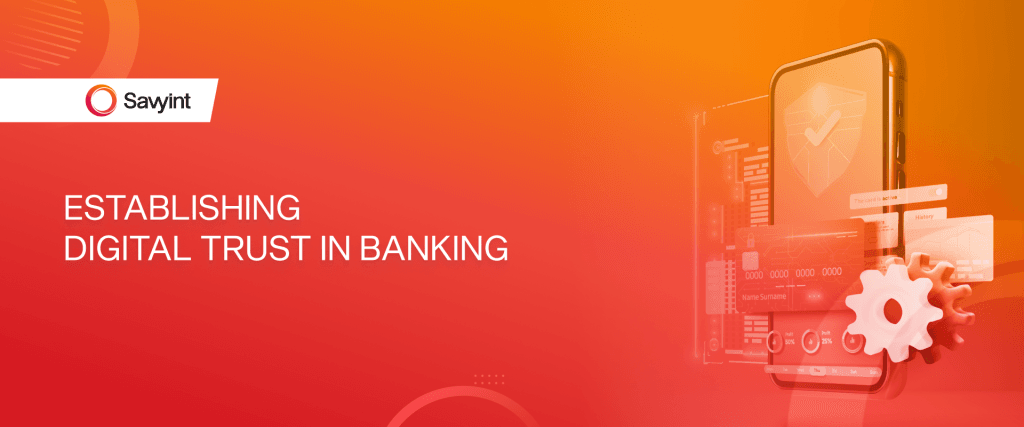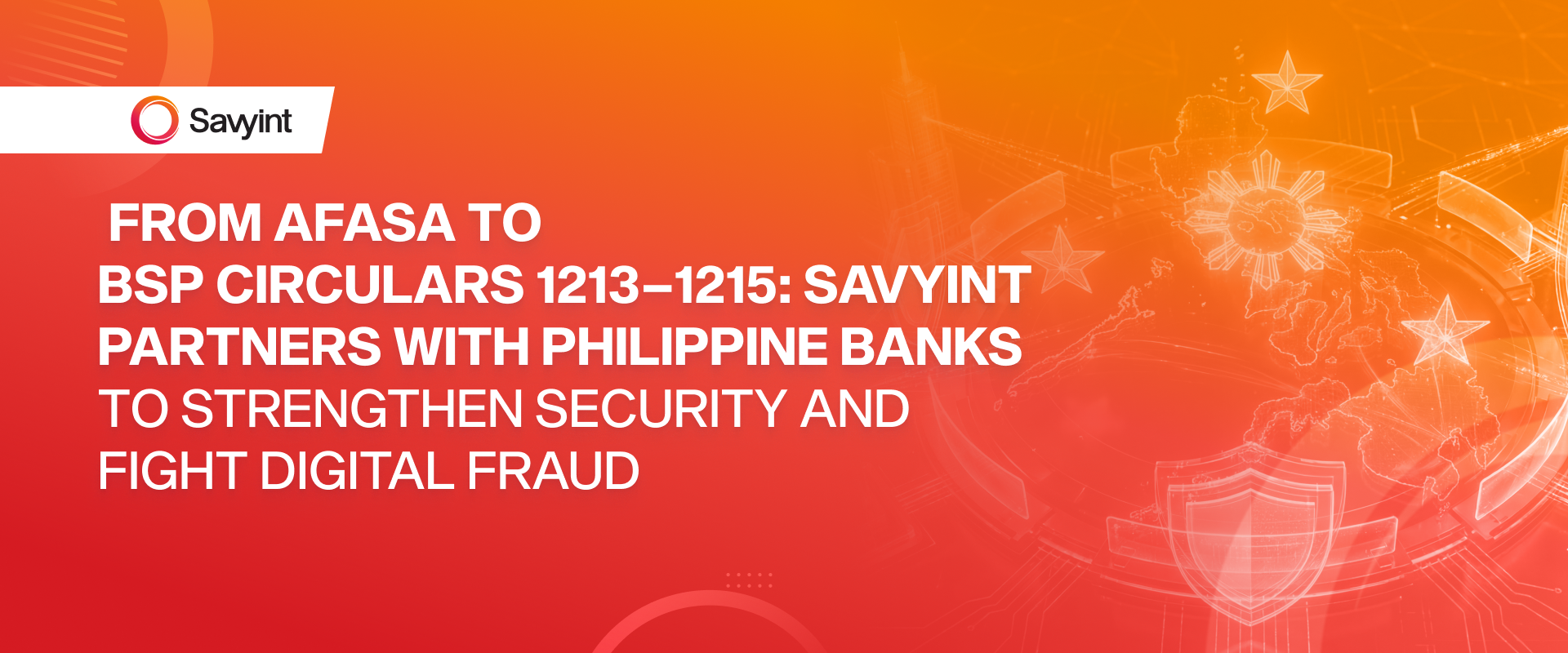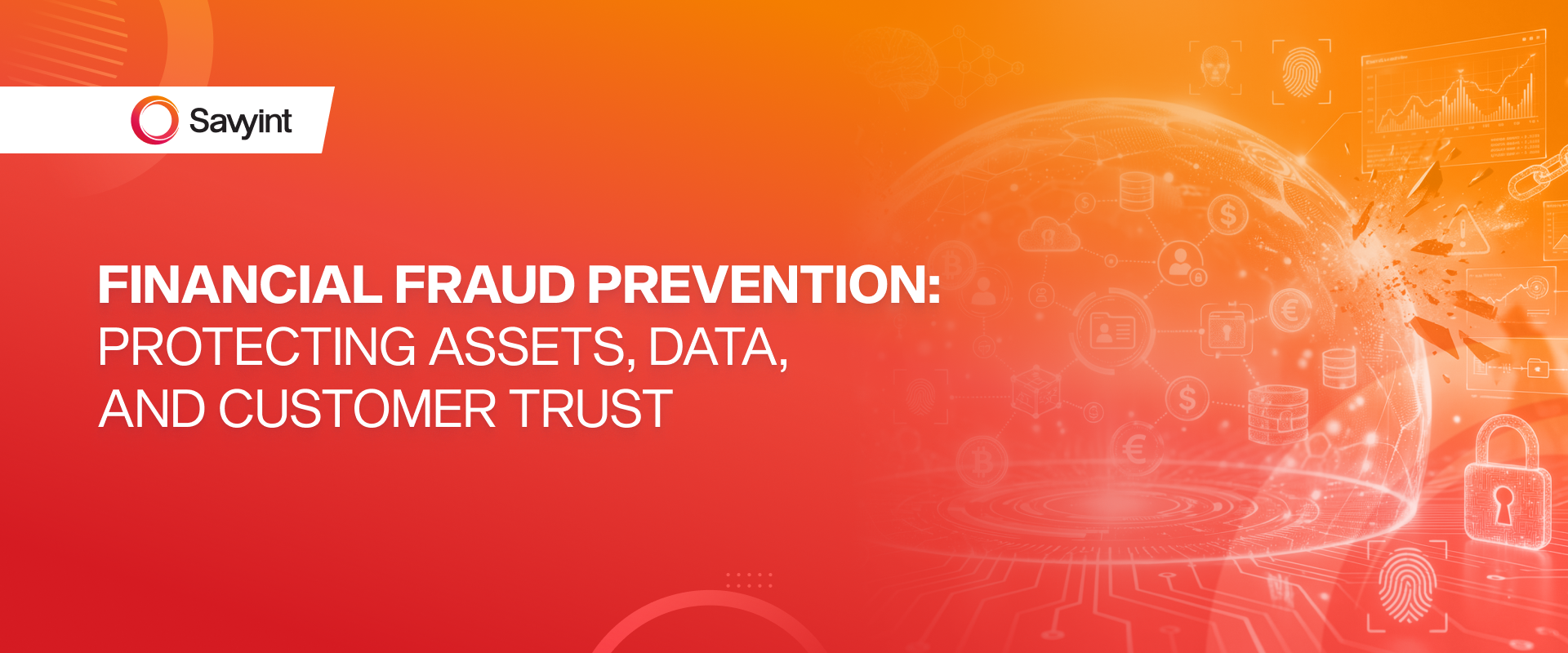As digital services continue to grow, user expectations for security and data privacy are rising. Digital Trust has become a competitive advantage in banking, where financial institutions must not only deliver services but also demonstrate reliability in protecting customers’ personal data, assets and privacy.
What is Digital Trust?
Digital Trust is the confidence customers place in an organization’s ability to protect data, ensure secure transactions, and comply with regulations. It extends beyond mere trust in a business to include confidence in technology, data management, operational transparency, customer service, and adherence to fair, lawful practices.
For example, Public Key Infrastructure (PKI) provides a foundation for secure digital identity, document signing, data encryption, and timestamping—core elements for a secure and reliable digital experience. Broadly, adopting PKI is part of building Digital Trust, reinforcing customer confidence in an organization’s ability to safeguard data, comply with laws, and operate transparently.

The Importance of Digital Trust in Banking
Digital Trust is critical for financial institutions, as banks handle vast amounts of sensitive information daily, from personal data and transaction histories to financial assets.
Strengthening Digital Trust enables organizations to:
- Boost customer trust and loyalty: Trust is a key factor in customer retention. Surveys show that data protection and privacy are top concerns when choosing a bank. Customers are more likely to remain loyal to institutions that clearly demonstrate their commitment to safeguarding personal data and respecting privacy.
- Enhance compliance and risk management: To foster Digital Trust, banks must proactively invest in infrastructure, tools, and systems that align with local and international standards such as GDPR, PCI DSS, and others. Proactive risk management—including cybersecurity, data breach prevention, and fraud detection—is fundamental to building trust.
- Gain a competitive edge: In a highly competitive landscape with fintechs and digital-first banks, Digital Trust is a key differentiator. Banks that prioritize security, transparency, and ethical operations will attract and retain customers more effectively. Trust encourages users to adopt digital services like contactless payments and AI-driven financial advice.
The Core Pillars of Digital Trust in Banking
To build robust Digital Trust, banks must focus on six key pillars: security, transparency, privacy, data integrity, ethical technology use, and regulatory compliance. Each pillar plays a critical role:
- Security & Privacy
Protecting customer data from unauthorized access, cyberattacks, and fraud is paramount. Banks should adopt modern security technologies, such as:
+ Data encryption
+ Multi-factor authentication (MFA)
+ Biometric authentication (fingerprint, facial recognition)
Privacy goes hand-in-hand with security. Banks must minimize unnecessary data collection and sharing while empowering users with transparent, understandable privacy policies and control over their data.
- Transparency
Customers must know how their data is used, who has access, and what safeguards are in place. Transparency—from clear privacy policies to timely communication of changes—builds trust. In case of breaches, banks should have response mechanisms in place, including timely customer notification, damage control, and fair compensation if needed.
- Digital Identity & Authentication
User-friendly and secure authentication is essential for trusted digital transactions. Banks should implement solutions such as:
+ Biometric authentication
+ Blockchain-based identity management
+ Strong authentication to prevent unauthorized access
A secure digital identity process also helps banks comply with KYC requirements while ensuring customer convenience and data protection.
- Data Integrity & Accuracy
Customers expect up-to-date, accurate data—from account balances to transaction records. Banks should ensure this by:
+ Conducting regular audits
+ Establishing clear data verification processes
+ Maintaining transparent reporting systems
Artificial Intelligence (AI) and Machine Learning (ML) can further enhance reliability by detecting anomalies, automating data handling, and ensuring data consistency.
- Ethical Use of AI & Automation
As AI becomes more integrated into banking—from loan suggestions to credit scoring—banks must ensure:
+ AI systems provide fair, unbiased recommendations, without discrimination based on gender, age, geography, or income (e.g., not denying loans solely based on rural residence).
+ Use of Explainable AI, allowing customers to understand decisions made.
+ Clear feedback and appeal channels if customers disagree with AI-driven decisions.
- Regulatory Compliance
To establish Digital Trust, organizations must adopt technology platforms recognized for compliance with national and international standards, ensuring secure, transparent, and verifiable digital transactions.
For example, PKI enables secure encryption, digital signing, and identity verification. Leveraging services from trusted providers and adhering to standards like eIDAS, FIPS, GDPR, and ISO/IEC 27001 demonstrates a serious commitment to protecting customer data and privacy.

Digital Trust is now a strategic priority in the digital transformation of financial institutions. Building it through robust security, transparency, privacy, data integrity, and ethical technology use is essential for banks to maintain a leading position.
Establishing Digital Trust with SAVYINT
SAVYINT is a global technology company pioneering open banking, data security, and protection across critical sectors like Finance-Banking, Government, Manufacturing, Telecommunications, Healthcare, Education, and Media. Beyond being a trusted service provider, SAVYINT offers electronic authentication services, including timestamping and Qualified Trust Services (QTSP) for digital signing and electronic seals through its QTSP Remote Signing solution.
With extensive experience in designing, deploying, and operating electronic identity systems (eKYC), digital signing, data encryption, and PKI and CA systems (national, internal and public CAs) for numerous banks and financial institutions, SAVYINT provides a comprehensive suite of solutions to establish Digital Trust:
- SAVYINT Enterprise Security Appliance – All in a Box is an all-in-one security solution, designed within a single hardware device, integrated with a Hardware Security Module (HSM)
- SAM Auth Server – An all-in-one solution for data encryption, digital signature authentication and mobile identification
- SAVYINT PKI In a Box – A tailored-made solution based on SAM Appliance
- SAVYINT Remote Signing
- SAVYINT Smart eKYC – Remote user identification solution
- SAVYINT Signing Server – The most secure and comprehensive digital signing solution
Connect with SAVYINT experts HERE to establish Digital Trust for your organization!







